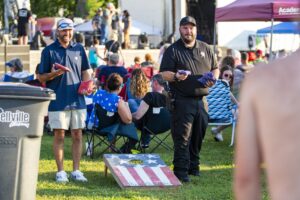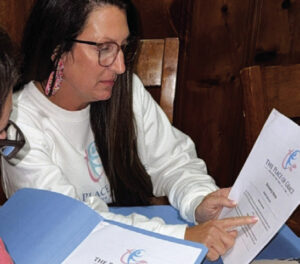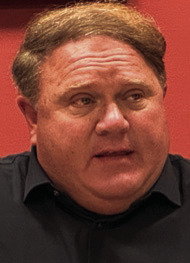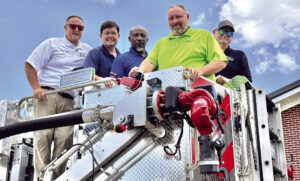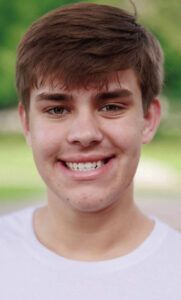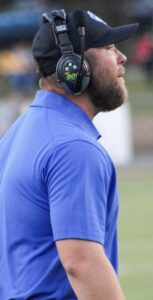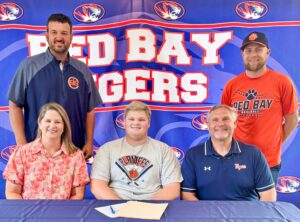RHS project reaches state finals for third time
A noticeable rise has occurred in the science, technology, engineering and mathematics sectors of education in the past few years. As a result, some tech companies, like Samsung, are doing their part to reach out to students and garner interest in STEM fields. Their nationwide contest Solve for Tomorrow targets public school teachers and students and is designed to show them how science, technology, engineering, art and math can be used to help their communities – communities like Russellville.
At Russellville High School, AP and pre-AP biology teacher Lorraine Perez and her students have been one of the top five finalist applicants in Alabama for the first round of the competition three times now.
“I’m a big pet advocate, so this year I wanted to do something that emphasized that,” Perez said.
For the 2017-18 contest, Perez and her students came up with the idea to create a social media outlet and an app that would educate the community about the pet population in the area and help them find adoptable pets.
“We want to reduce the numbers of pets in our community that are homeless and plan to educate our citizens,” Perez said.
Their project did not make it through the second phase of the contest, but being a finalist in Alabama was a big win, Perez said, considering the 3,000 applications in the state.
In the 2016-17 contest, the RHS group’s idea that made it into the top five in Alabama was a way to help combat the large mosquito population in the state and cut down on the diseases that those mosquitoes carry: nesting boxes for bats that that eat mosquitos.
“Students would use engineering and art to design appropriate nesting boxes for specific species of endangered bats in our community to solve the problem of disease-carrying mosquitoes,” Perez said.
Their state finalist project in 2013-14 was a conservation plan for the Eastern Hellbender, a salamander they said had not been documented in Alabama since 2006 in the Dismals Canyon.
“Students will make cross-curricular connections, develop protocols for data collection, make inferences among different exotic species, engineer nesting devices, and educate the community about this threatened species,” Perez said.
While they haven’t made it past the second round for a chance to win money for the school, Perez said that this year the students won a Chromebook for placing as a state finalist.


